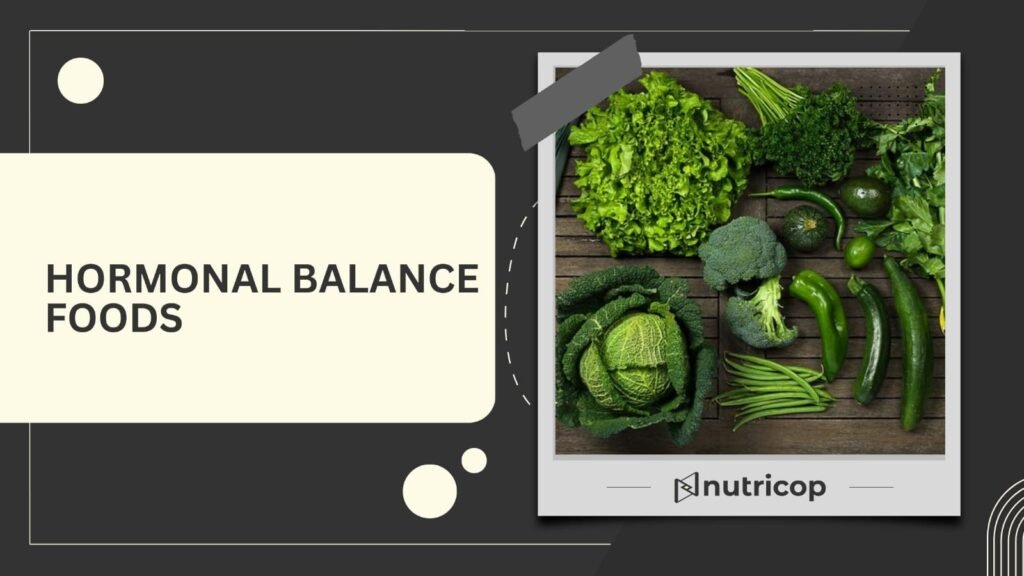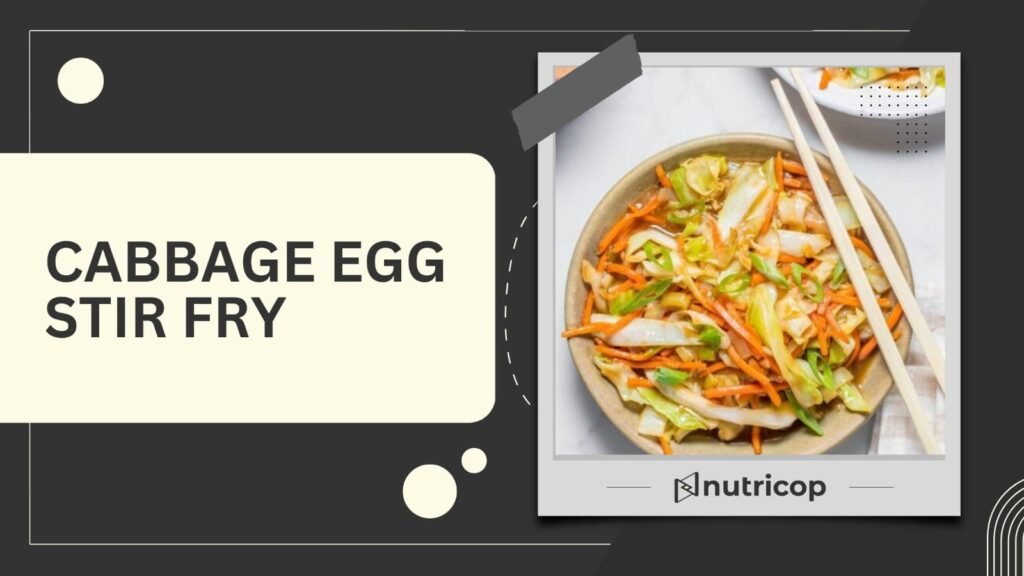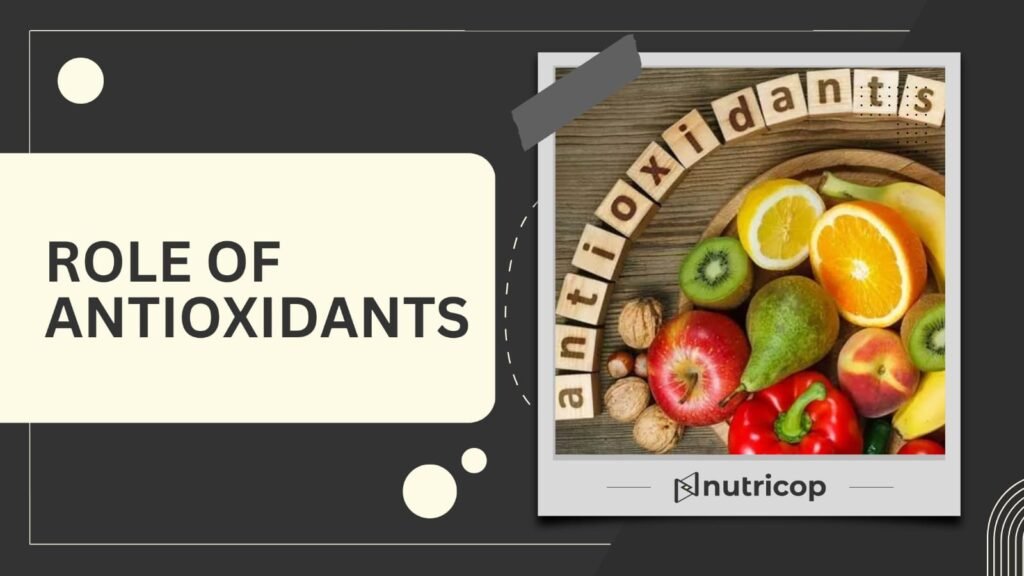The Benefits of Seed Cycling: A Natural Way to Balance Your Hormones
At Nutricop, we’re dedicated to helping you achieve optimal health through personalized diet plans and home workout services. As part of our mission, we regularly share insightful blogs on nutrition and wellness. Today, we’re diving into a fascinating topic that’s gaining popularity for its natural approach to hormonal health—Seed Cycling.
If you’ve been struggling with hormonal imbalances, irregular periods, or PMS symptoms, seed cycling might just be the gentle, natural solution you’ve been looking for. In this blog, we’ll break down what seed cycling is, how it works, and the incredible benefits it can offer for your hormonal health. Let’s get started!
What Is Seed Cycling?
Seed cycling is a simple, natural practice that involves eating specific seeds during different phases of your menstrual cycle to support hormonal balance. By incorporating nutrient-rich seeds into your diet, you can help regulate estrogen and progesterone levels, which play a crucial role in your overall health.
The seeds commonly used in seed cycling include:
- Flaxseeds
- Pumpkin seeds
- Sesame seeds
- Sunflower seeds
These seeds are packed with essential fatty acids, vitamins, and minerals that work together to support your body’s natural hormonal rhythms.
How Does Seed Cycling Work?
Seed cycling is based on the two main phases of your menstrual cycle: the follicular phase and the luteal phase. Each phase requires different hormonal support, and specific seeds are used to address these needs.
- Follicular Phase (Day 1 to Day 14)
This phase begins on the first day of your period and lasts until ovulation. During this time, your body needs more estrogen to prepare for ovulation.
- Seeds to Eat: Flaxseeds and pumpkin seeds.
- Why?
- Flaxseeds contain lignans, which help regulate estrogen levels.
- Pumpkin seeds are rich in zinc, which supports ovulation and progesterone production for the next phase.
- Dosage: 1 tablespoon of each seed daily.
- Luteal Phase (Day 15 to Day 28)
This phase starts after ovulation and lasts until your next period. During this time, your body needs more progesterone to support a potential pregnancy or prepare for menstruation.
- Seeds to Eat: Sesame seeds and sunflower seeds.
- Why?
- Sesame seeds are high in lignans, which help block excess estrogen.
- Sunflower seeds provide selenium, which supports liver detoxification and hormone metabolism.
- Dosage: 1 tablespoon of each seed daily.
If your menstrual cycle is irregular or you’re not menstruating (e.g., due to menopause or PCOS), you can follow the lunar cycle as a guide. Start the follicular phase on the new moon and switch to the luteal phase on the full moon.
Benefits of Seed Cycling
Seed cycling isn’t just a trend—it’s a natural way to support your hormonal health. Here are some of the key benefits:
- Balances Estrogen and Progesterone Levels
Seed cycling helps regulate estrogen and progesterone, reducing symptoms of hormonal imbalances like mood swings, acne, and heavy periods. - Eases PMS Symptoms
Many women report fewer PMS symptoms, such as bloating, cramps, and irritability, after incorporating seed cycling into their routine. - Supports Fertility
By promoting hormonal balance and supporting ovulation, seed cycling can improve fertility naturally. - Aids Menopause Management
Seed cycling can help stabilize fluctuating hormone levels during menopause, reducing symptoms like hot flashes and insomnia. - Boosts Skin Health
The nutrients in seeds promote clearer, healthier skin by addressing hormonal acne and inflammation. - Improves Mood and Energy
Balanced hormones mean fewer mood swings and more stable energy levels throughout the day.
How to Incorporate Seed Cycling Into Your Routine
Adding seed cycling to your daily routine is simple and easy. This article from Health.com highlights various seeds like chia, pumpkin, and hemp, discussing their nutrient profiles and associated health benefits Health.com
Here’s how you can do it:
- Grind the Seeds: Grinding seeds ensures better absorption of their nutrients. Use a coffee grinder or blender to prepare them fresh.
- Add to Meals: Sprinkle the seeds onto your morning smoothie, oatmeal, yogurt, or salad. You can also mix them into soups or baked goods.
- Stay Consistent: Aim to follow the seed cycling routine for at least three months to notice significant benefits.
Does Seed Cycling Really Work?
While scientific studies on seed cycling specifically are limited, there’s strong evidence supporting the individual benefits of the seeds used. For example:
- Flaxseeds have been shown to reduce hot flashes in menopausal women.
- Pumpkin seeds are rich in zinc, which is essential for fertility.
- Sesame seeds and sunflower seeds provide antioxidants that reduce inflammation and support hormone metabolism.
Who Can Benefit From Seed Cycling?
Seed cycling is safe for most people and can benefit anyone experiencing hormonal imbalances, including:
- Women with irregular periods or severe PMS.
- Individuals with PCOS.
- Women going through menopause.
- Those recovering from hormonal contraceptive use.
Precautions to Keep in Mind
- If you have allergies to any of the seeds, avoid seed cycling or consult a healthcare provider for alternatives.
- If you have a medical condition or take medications, speak to your doctor before starting seed cycling.
Final Thoughts
Seed cycling is a natural, low-cost, and easy-to-implement strategy to support hormonal health. It’s a holistic approach that aligns with your body’s natural rhythms, offering a gentle yet effective way to manage symptoms of hormonal imbalance.
If you’re struggling with PMS, irregular periods, or menopausal symptoms, consider giving seed cycling a try. With patience and consistency, you might just find it to be a game-changer for your hormonal well-being.
At Nutricop, we’re here to guide you on your journey to better health. If you’d like to learn more about how nutrition impacts your hormones, explore our blog for more insights!
Stay tuned to Nutricop for expert nutrition guidance and personalized meal plans! Start your journey to a healthier, happier you today—get your custom meal plan now at Nutricop’s Diet Plans! Contact us.








